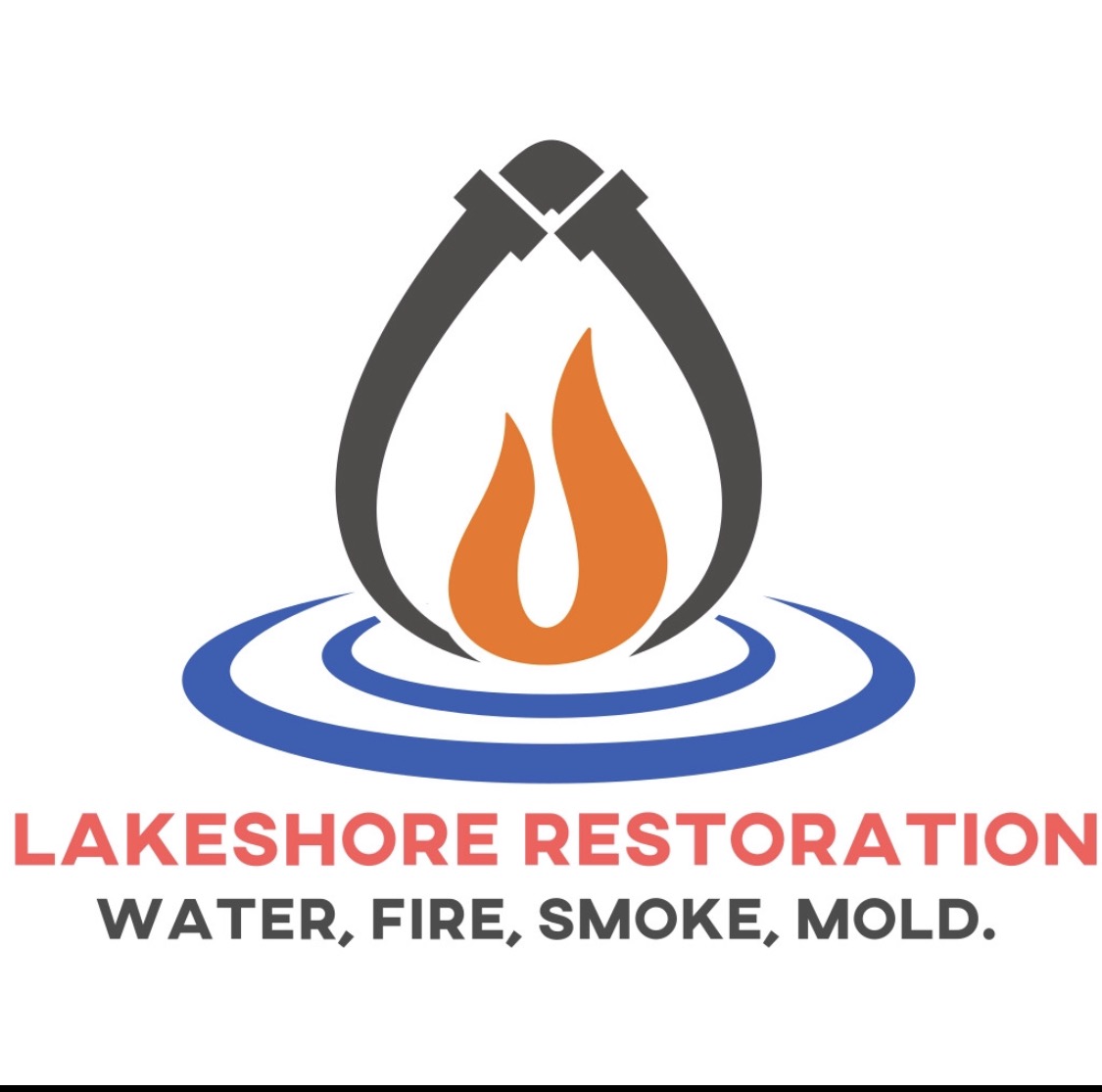Understanding Disaster Restoration: Overcoming Trauma & Psychological Effects
- Lakeshore Restoration LLC

- May 30, 2025
- 4 min read
Updated: Aug 14, 2025

Experiencing a disaster can be one of the most traumatic events in a person's life. Whether it’s a fire that leads to devastating fire damage restoration, water damage from a basement flood restoration, or the hidden dangers of mold removal, the psychological impacts can linger long after the physical damage has been repaired. In this article, we will delve into the psychological effects of such experiences and explore how individuals can cope and seek help in the aftermath of disaster.
The Impact of Disasters and Restoration on Mental Health
Disaster situations can drastically alter an individual's mental state. The psychology of disaster response indicates that people may experience a range of emotional responses, from anxiety to depression and post-traumatic stress disorder (PTSD). Understanding these psychological effects can be an essential part of the recovery process following damage from water, fire, or mold issues.
Common Psychological Responses to Disasters
Shock and Disbelief: Initial reactions often include shock where individuals struggle to comprehend what has occurred.
Anxiety and Fear: Post-disaster, the fear of future disasters can create heightened anxiety levels.
Depression: Loss of stability and safety might lead to feelings of hopelessness and sadness, often requiring professional mold remediation assistance for emotional clarity.
Isolation: Some individuals may withdraw from social interactions, feeling that those around them do not understand their trauma.
Coping Mechanisms after Experiencing a Disaster
Each individual may react differently to disaster restoration experiences. It's vital to recognize that coping mechanisms are personal and can vary greatly. However, several widely effective strategies can help individuals regain control and take steps towards healing.
Seeking Support
Connecting with others who have faced similar challenges can be beneficial. Whether it's a support group or therapy, sharing experiences often alleviates the feeling of isolation that disasters can bring. Professional help is particularly useful, especially in cases involving severe psychological distress from issues like mold removal and its health implications.
Mindfulness and Self-Care
Practicing mindfulness techniques can help individuals remain grounded in the present, mitigating feelings of anxiety about the future. Activities like yoga, meditation, and journaling can be effective ways to express emotions and rebuild emotional resilience after trauma stemming from incidents such as fire damage restoration efforts.
Physical Activity
Engaging in regular physical activity can significantly impact mental well-being. Exercise releases endorphins, helping to reduce the symptoms of anxiety and depression. Whether it's through home workouts or community classes, staying active can support healthy recovery post-disaster.
Educating About Recovery Services
Understanding the recovery process and available services, such as basement flood restoration or fire damage restoration, can also empower individuals. Knowledge about effective mold remediation techniques, the dangers posed by mold, and the importance of professional intervention can lead to a greater sense of control over their environment post-disaster.
The Long-Term Psychological Effects
While disasters have immediate impacts, their consequences can last for years. Long-term psychological effects, if left unaddressed, can significantly influence an individual’s quality of life. Some individuals may develop chronic conditions such as severe anxiety, panic attacks, and relational difficulties.
Understanding PTSD
Post-Traumatic Stress Disorder is perhaps one of the most severe long-term effects of experiencing a disaster. Symptoms typically manifest as intrusive thoughts, irritability, or avoidance of situations reminiscent of the disaster. Early intervention through therapy or counseling can mitigate the development of PTSD, especially when dealing with stressors associated with scenarios like fire damage restoration or hazardous mold growth.
Emotional Trauma and Its Effects
The trauma from a disaster can create emotional scars. Individuals may replay the disaster in their minds, leading to intense distress when reminded of the occurrence. This emotional turmoil can disrupt daily life and relationships, emphasizing the need for comprehensive mental health support during recovery.
Community and Recovery: The Power of Togetherness
Support from the community can play a significant role in healing. When individuals come together, whether through community events or local recovery initiatives, it fosters a sense of belonging and collective healing. Engaging in community recovery efforts not only helps individuals cope but also encourages a shared understanding of the challenges faced.
How Community Support Hurts or Helps
While community support is often essential, it's crucial to recognize that not all community interactions can have a positive impact. In some cases, well-meaning individuals might unintentionally invalidate feelings or express frustration over the disaster response. This could further exacerbate feelings of isolation in those affected.
Conclusion: Embracing the Path to Healing
The journey to recovery following a disaster is rarely straightforward. Recognizing the mental health impacts of fire damage restoration, basement flood restoration, and issues like mold removal is vital. Understanding the psychological effects equips individuals with knowledge on coping mechanisms and seeking support. Remember, it is okay to ask for help. Embracing healing and seeking connection with others can pave the way toward overcome trauma and reclaiming a sense of normalcy in the aftermath of disaster.
FAQs
What are the main psychological effects of experiencing a disaster?
Experiencing a disaster can lead to shock, anxiety, depression, fear of future disasters, and social isolation.
How can I cope with the psychological impact of a disaster?
Coping mechanisms include seeking support from others, practicing mindfulness and self-care, engaging in physical activity, and educating yourself about recovery services.
What is PTSD, and how can it develop after a disaster?
Post-Traumatic Stress Disorder (PTSD) can develop from experiencing a disaster, with symptoms such as intrusive thoughts, irritability, and avoidance of reminders of the event.
How important is community support in the recovery process?
Community support can significantly aid in healing by fostering a sense of belonging and shared understanding, although not all community interactions may be positive.
What long-term effects can result from disaster experiences if not addressed?
Long-term effects can include chronic anxiety, panic attacks, relational difficulties, and emotional trauma that disrupt daily life.



Comments